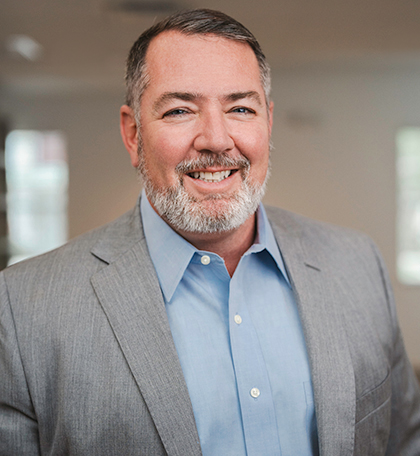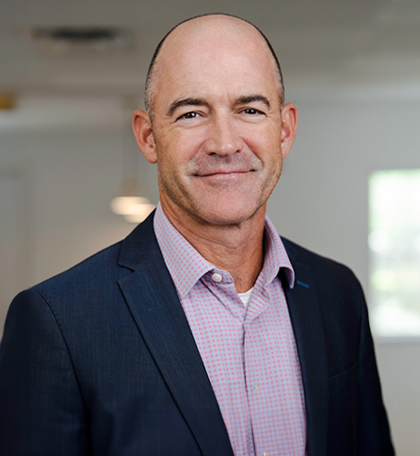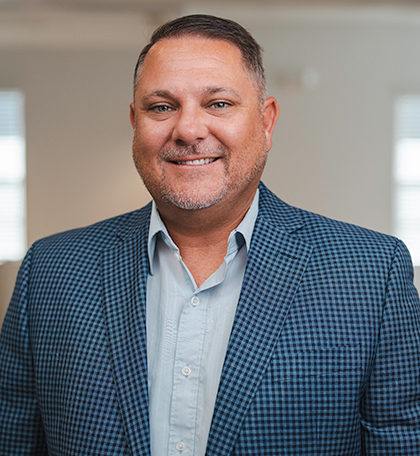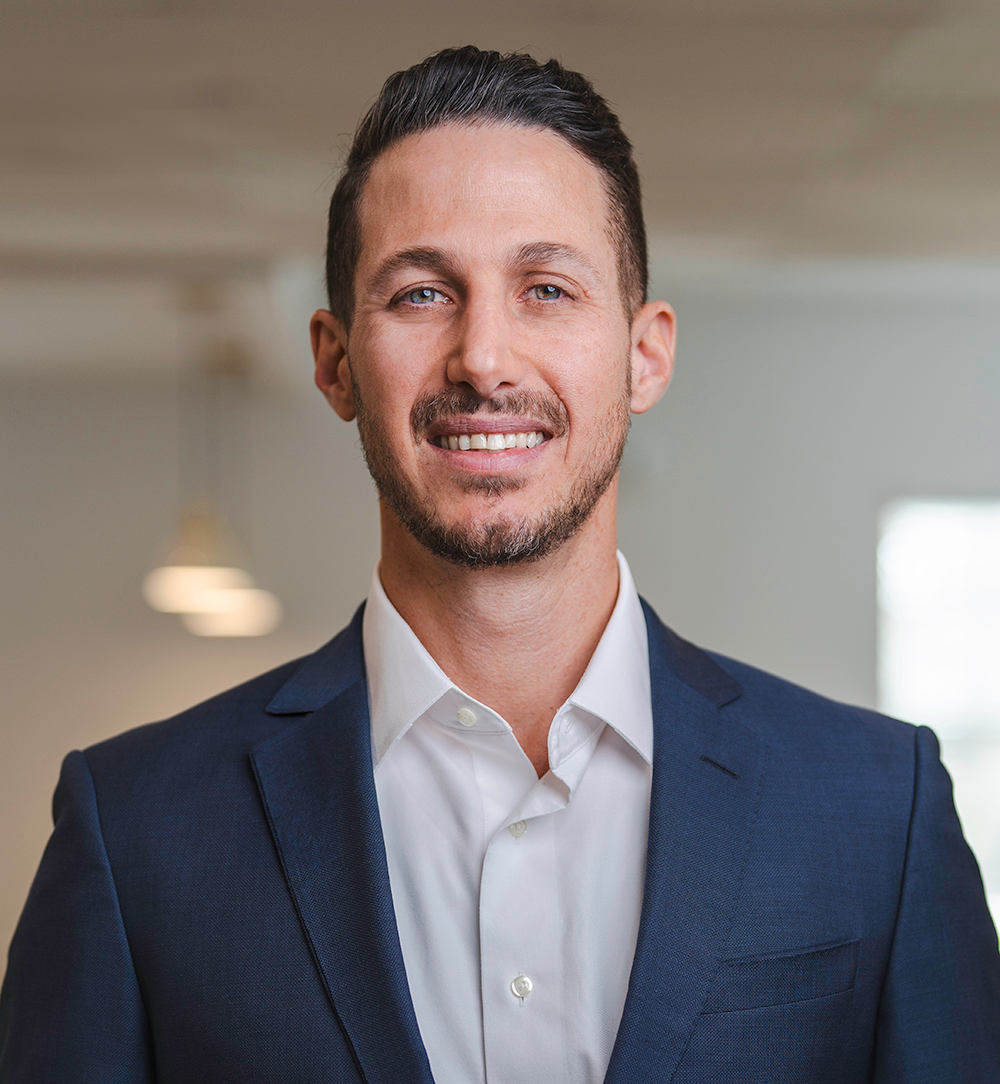Transcript:
Welcome back to the Financial Foundations podcast, brought to you by Base Wealth Management, where we are the foundation to your financial plan. I’m your host, Dustin Taylor. I’m your co-host, Alex Wolf, certified financial planner, and today we have financial adviser Kyle Howell with us. Thank you for joining us again, Kyle.
Thanks again for having me. Welcome back! In this episode, we’re going to address a handful of questions that were asked by a listener, Yolanda, and they are all about investing in general. So, to kick things off, we have, “What is the best way to help clients define and prioritize their financial goals?” Alex, can you take that one?
Yeah, outlining your goals is one of the most important parts of putting together a financial plan because, without goals, what are you planning for? So when thinking about helping clients construct their goals, it can really be anything: short-term goals, mid-term goals, long-term goals, and then you have a plan in place for each of those. Specifically, like, for example, maybe they have a big purchase like a car, a boat, a second house, and a first house. Those are all kind of goals, and some of those may not be short-term; they could be like a long-term goal, like buying a condo for retirement or something like that. So basically, you’re working with the client to help them self-discover what are some personal goals, and it could be individual, or if you’re working with a couple, maybe they have goals that they’re trying to achieve together.
Kyle, for someone who needs a financial plan, what is the process for creating that?
So first, just kind of like what Alex talked about, was just defining the goals and figuring out what it is that you want your money to do. Are we looking, you know, to—is this money only going to be used for retirement? Is this money going to be used for something else? Do we need, you know, is this a younger couple that has a baby that they’re looking to save for college? They’ve had their house built—all that good stuff. Or is it somebody that’s approaching retirement and needs to know, “I’ve got five years to go; am I going to make it to be able to retire in five years?” So just defining those goals, you know, like Alex said, just trying to figure out what the money is going to be used for, and that’s the basis of what starts that financial plan.
Alex, how often should financial plans be reviewed and updated?
It can vary, definitely more of like a fluid conversation. Some plans, for like younger couples, don’t necessarily need to be updated all that frequently but more so with a life event—whether you’re getting married, a child is born, or you know, like a big ticket purchase. Those definitely less frequently, but for a couple who’s approaching retirement, you definitely need to update that more often. It could be annually, or you just have a quick touch base semiannually; however often you meet, but you may not need a full-blown review every single time of the plan. But there’s definitely some critical periods of your life, or stages of life where it’s more appropriate to review it frequently.
Okay, so whenever you’re reviewing the plan, and I’m assuming you review it with clients often, how do you convey to them the performance of the investments that are measured in their portfolio?
Yeah, so you know, that’s always a topic of conversation: how is the portfolio doing? And when you think about performance, it can vary depending on what they’re invested in. Someone who’s in like a fixed income portfolio to provide them income, they’re not going to necessarily measure their portfolio against the S&P 500 because they’re two totally different types of investments. But their portfolio will also likely consist of equities or stocks that you would benchmark against something like the S&P 500. So our goal, depending on their particular mixture of investments, we have hand-selected or constructed a particular benchmark to show how well they’re doing compared to said benchmark. If it’s an actual portfolio that’s all stocks, then comparing it directly one-to-one with the S&P 500 would be appropriate. So our goal is to always, you know, keep up with the selected benchmark that we have chosen for their particular portfolio.
Kyle, do you have anything to add to that?
I would say, you know, our software that we use keeps a very good track of that. It’s an audited software, right? You know, making sure that the performance figures are 100% accurate. It’s very simple to take our portfolio that we’ve constructed for a client and benchmark it towards the S&P or the Barclays Aggregate Bond Index or the MSCI or FTSE, you know, for international, and being able to pull apart, you know, those pieces of the portfolio and saying, “Okay, here’s what it should do, and here’s what it did.” And our software programs do a very good job of comparing and contrasting within the plan.
As part of the plan, you have an investment strategy; how does that change, or how does it account for market conditions?
Yeah, so when we think about what we’re talking about on our investment committee, in our next meeting, we’re going to be discussing the idea that we may be entering like a stagflation period where you have inflation that is higher for a longer period of time and what types of investments generally do better during that environment. That’s an example of something that we talk about on the investment committee of how we will, you know, position the portfolio during that type of economic time period or different types of periods during the business cycle. We may do different things in the portfolio. We’re also looking for areas that, you know, are trading relatively cheap compared to other parts of the markets. But it’s always, always important that a client is invested for their risk tolerance, their goals, etc. So just because your neighbor’s telling you, you know, their portfolio was up 50% last year, you may not expect that yours was too because you may have been totally invested in a different manner, and you may not have the appetite of how poorly he did in 2022 compared to how you performed because you know they were probably in something totally different or more risky. It’s always hard to take advice from family members or friends or neighbors; you got to take it with a grain of salt.
Right, it’s not always appropriate what your neighbor’s doing versus what you’re doing. And I would say Alex hit the nail on the head there. We did a whole podcast episode about different risks in retirement or retirement risks. How or what’s the first step that you take when it comes to risk management; how is that approached for your clients?
We use a risk questionnaire; it’s usually relatively easy to go through a handful of questions and figuring out someone’s risk tolerance based off of if you lost x amount of dollars or x% of your portfolio in x amount of time, how is that going to make you feel? Are you going to want to buy more, are you going to want to sell, or are you going to hold on to it? And then we’ll go into it a little bit further, okay, if we lost a little bit more this time was a little longer term, how’s that going to make you feel? Are you going to buy more, you going to hold on to it, or you’re going to sell it? And that gives us a very good framework of where that client needs to be from an investment standpoint. Are they going to be able to weather the ups and downs of a stock portfolio versus a fixed income portfolio, or do they want no risk at all and just sit in cash, especially now with rates where they’re at? But the risk questionnaire is the first step to figuring out how your money needs to be invested.
Good points there, Kyle. Another thing that I like to talk about, especially with someone who’s way on one end of the spectrum, whether they’re really, really conservative with their investing or super super aggressive, is being able to set the proper expectations. Like, okay, if we do invest in that way that you’re comfortable with, this is what you can expect, or on the other end, if this is as risky as you want to be, you’re going to experience a heck of volatility. And have the conversation like, hey, you don’t necessarily need to take that much risk to be able to achieve what you want to do; you can do it with taking less risk. So it’s all about having the right vehicle, like a Ferrari and a Camry will both get you to where you want to go, just in two different manners, right? And I use that analogy a lot. I actually used it, I think it was about two or three weeks ago, you know, somebody asking me about the investments, what are we going to do? I said, “What do you want to do? Think of it, your account as your garage. What kind of car do you want to put in your garage? Do you want that Ferrari, you know, to go 100 miles an hour and be you know all these fluctuations, or do you want that Toyota Camry that’s going to be, you know, nice and dependable, and you know it’s going to get you good gas mileage and it’s going to be safe?”
Okay, I think I want to close this episode out with one final question for both of you: at what age should you start investing?
Yesterday! Anytime! If you have extra money to save, you should definitely do it, and seek out an advisor or financial planner to help you put a plan together. And see if there’s anything additional you can be doing to help your situation or to be saving more. And if you feel
like you don’t have the money to save, you know, seek help. We talk about budgets and debt reduction all the time, so there’s always things that we can look for to be able to cut back on from a spending standpoint to be able to help you save more, even if it’s 20 bucks a month.
Okay, so we hope that you enjoyed this general investment episode of Financial Foundations. We do have more questions that people sent in, so we will be addressing those in more episodes. Be sure to stay subscribed on your favorite podcast listening app, and if you need any other additional information, you can visit our website at Baswealthmanagement.com. We have a lot of videos there, other podcast episodes, and more. If you would also like to send us some questions for us to address on the podcast, you can send those to us at question@baswealthmanagement.com. Kyle, thanks for joining us again.
Thanks again for having me. I’m your host, Dustin Taylor. I’m your co-host, Alex Wolfe, and happy listening.




